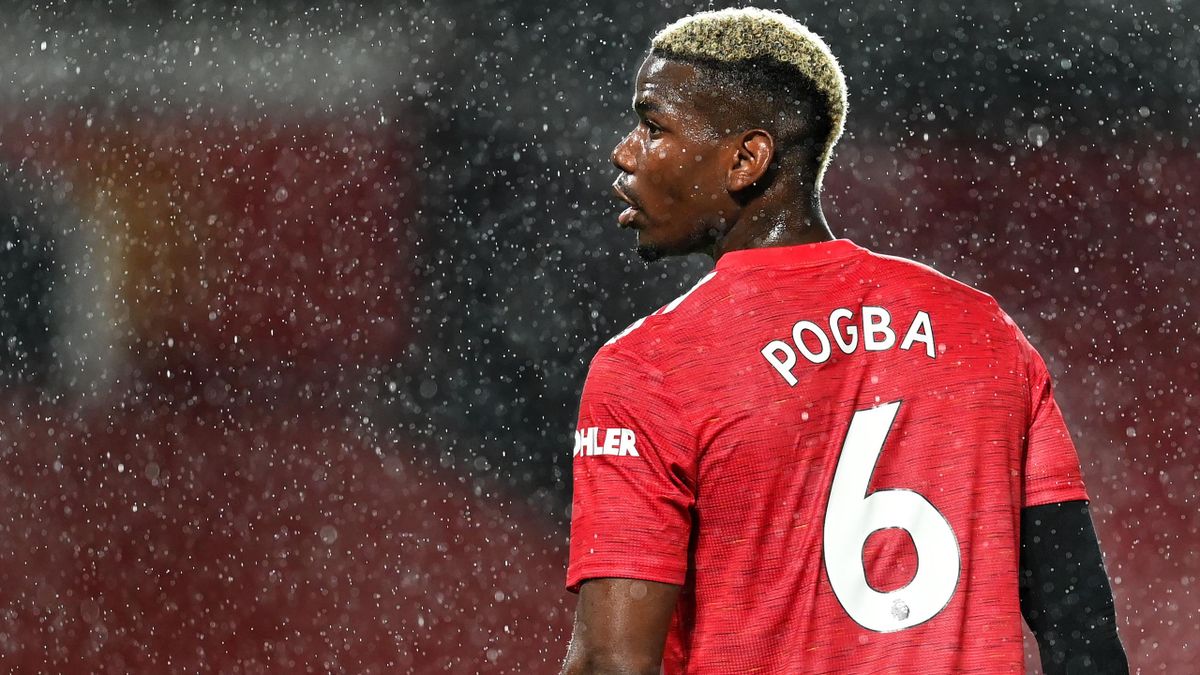A shocking report from RunRepeat has confirmed what was known already to be true. That there is a deeply ingrained racial bias in football punditry. The findings from the report show that players with a darker skin tone were far more likely to be criticised for game intelligence than players with a lighter skin tone and far more likely to be praised for their physical attributes. The Pace and Power label has always been disproportionately applied to black players; but this report has been able to quantify the disparity in football coverage.
The discourse surrounding the mercurial Paul Pogba encapsulates these issues within football commentary. The world cup winning midfielder is reduced to his physical abilities, when in fact he is one of the most technically gifted players in the league. The analysis of his game revolves around his pace and his physique; however, it is clear that his game is reliant on his vision and ability to pick out an incisive pass. The pace and power tag is attached to him even though his game is not reliant on his physical ability, but his technical ability and game intelligence. Black players are not seen as possessing these same technical abilities than their white counterparts, and so the discussion of physical abilities dominates the analysis of black players. Paul Pogba (6’3”, 84kg) is almost physically identical to German attacking midfielder Kai Havertz (6’2”, 82kg), however the latter is spoken about mostly in terms of his ability to read a game and not in terms of his physical prowess. This lack of nuance in football punditry reduces black players to physical vessels that play the sport, neglecting the intelligence that elite athletes need to play the game, their physical abilities overstated relative to technical ability.
This racial bias in sports commentary is not intentional, it instead reflects on subconscious racial biases which are then projected onto the sport. The false narrative of pace and power in regard to black footballers arises as a result of harmful stereotypes that effect black athletes, they are often seen as sportspeople that are not in tune with the technical niches of their respective sports and as such rely on physical ability. They are seen as uncapable of being able to dominate the game with technical ability and game intelligence. This is a result of a low level of black representation within elite level coaching, with their being only 9 black first team managers in the history of the premier league. If the discourse surrounding black players is to change; their needs to be more representation in elite level coaching to dispel the false notion that black players are primarily reliant on physical ability. These discrepancies within football media can only be corrected when there is a higher representation of black people within the industry. The more black commentators, sportswriters, and coaches that there are, the more pronounced the improvement in football coverage will be.
Image Credit: Goal.com

